April 12-13, 2021
The University of Miami is proud to announce Documenting Diversity and Democracy in Brazil, a virtual symposium established to highlight the unique and richly-textured Leila Míccolis Brazilian Alternative Press Collection.
Read more >
09-08-2020
New interdisciplinary initiative seeks to create the foremost center for scientific research about Brazil.
Read more >
07-15-2020
Prof. Silva and his colleagues from several universities in northeastern Brazil proposed a sustainable agriculture model for tropical drylands. Read more in the full paper.
07-09-2020
Elsevier has just published the Encyclopedia of the World's Biomes, a major reference work (5 volumes and 3,500 pages) that aims to describe the diversity of the world's natural regions. Together with Prof. Tom Lacher from Texas A&M University, Prof. Silva contributed two chapters: one on the Cerrado, the largest South American savanna, and another on the Caatinga, the largest Neotropical Dry Forest region. The expansion of human activities and climate change profoundly threaten the biodiversity of both biomes. Profs. Silva and Lacher outlined several suggestions on how societies living in these large regions could shift to a more sustainable development model.
06-25-2020
In a webinar hosted by the Institute for Advanced Study of the Americas, experts discussed why the country has been impacted so deeply.
06-02-2020
The initiative has been tracking public health policy response data to determine how swift or lax implementation of mitigation efforts have impacted the spread of the virus in Latin American countries.
05-30-2020
Prof. Silva and Julie Topf, a Geography student, published a paper on the relationships between environmental conservation and development. They concluded that conservation is development and proposed a new narrative for the global conservation movement.
03-04-2020
Mauro Galetti, the new arboretum director and associate professor, is a conservation ecologist with more than a decade of experience researching the rainforests.
03-01-2020
Protected areas are designed by the government to protect both species and ecosystems which in turn provide multiple benefits to people, thus they are essential to sustainable development.
01-30-2020
Funding gaps in Brazilian Protected Areas
Prof. Silva and colleagues published a paper estimating the funding gaps in Brazilian Protected Areas. They found that Brazil invested only 15.5 % of the funds required in its protected areas and that 76.5 % of Brazil’s federal protected areas have funding deficits.
01-09-2019
In a landmark study, a UM researcher determined that community involvement, coupled with federal funding, improved health outcomes in most municipalities in Brazil.



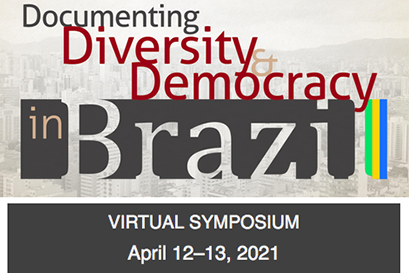 Documenting Diversity and Democracy in Brazil
Documenting Diversity and Democracy in Brazil Expanding scholarship and research on South America
Expanding scholarship and research on South America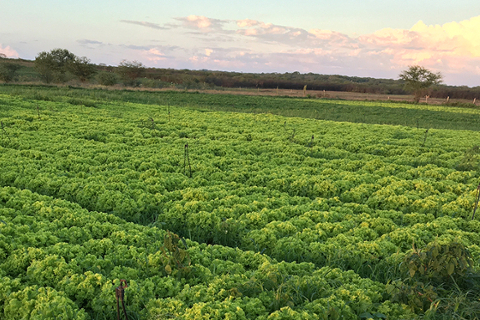 A sustainable agricultural landscape model for tropical drylands
A sustainable agricultural landscape model for tropical drylands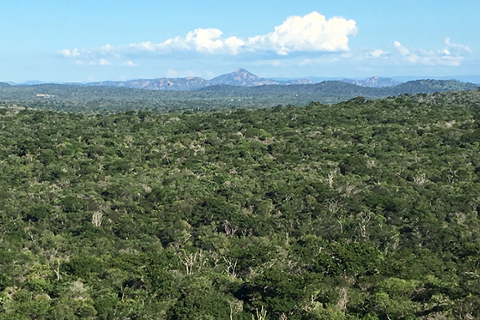 Cerrado and Caatinga: Two threatened South American regions
Cerrado and Caatinga: Two threatened South American regions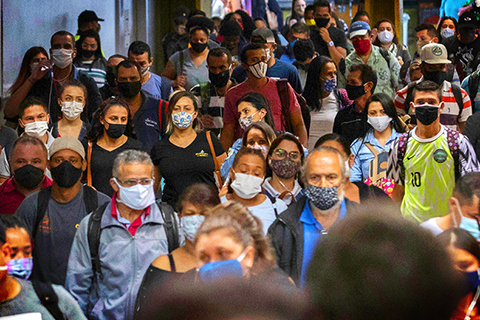 Why Brazil is now the epicenter of the coronavirus pandemic
Why Brazil is now the epicenter of the coronavirus pandemic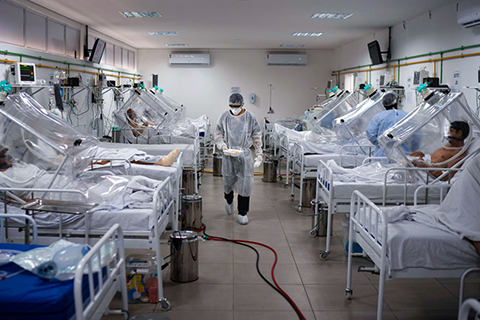 COVID-19 Observatory: Bungled response compounds misery in Brazil
COVID-19 Observatory: Bungled response compounds misery in Brazil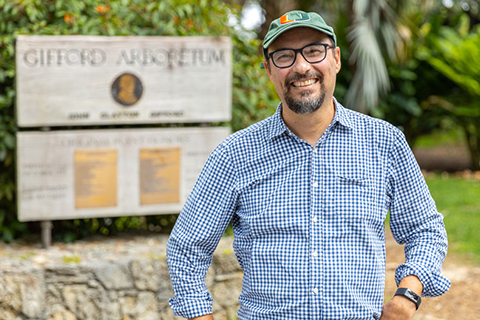 Ecologist has a passion for tropical trees
Ecologist has a passion for tropical trees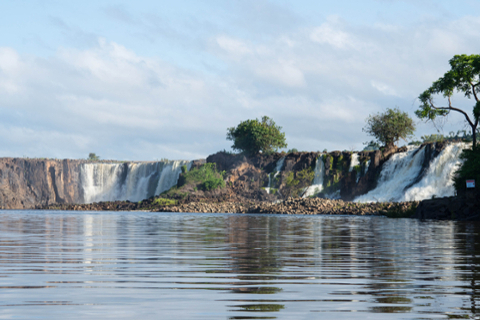 Protected Areas do not constrain local economic growth in the Brazilian Amazon
Protected Areas do not constrain local economic growth in the Brazilian Amazon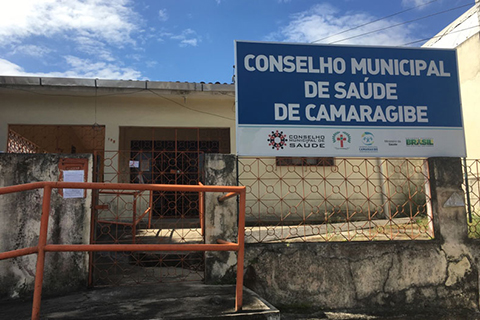 Delving into community health and HIV in Brazil
Delving into community health and HIV in Brazil